Angle Closure & Osteoporosis Treatment
Why do bisphosphonates increase risk?...
There appears to be a significant association between bisphosphonate use and the risk of angle closure glaucoma in patients with osteoporosis.
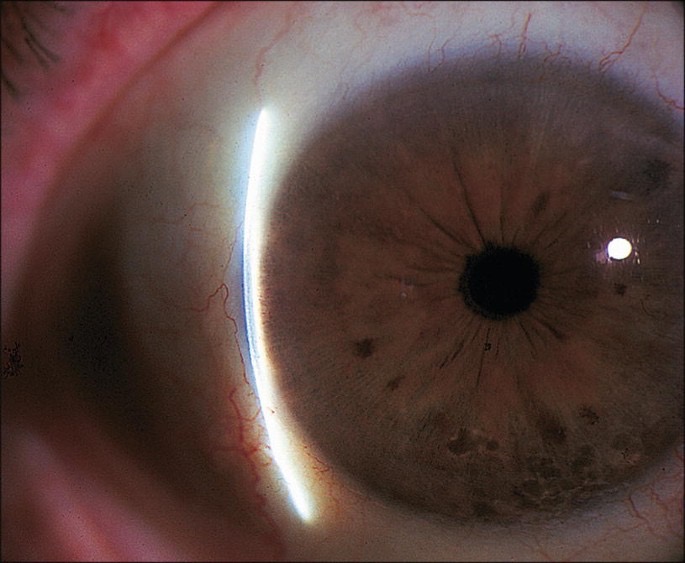
A retrospective cohort study reviewing over 200,000 patients found individuals being treated with bisphosphonates were 1.78 times more likely to develop acute angle closure (AAC) compared to non-users. And risedronate showed an even higher risk, with an adjusted incidence rate ratio of 2.12. However, no increased risk for open-angle glaucoma was found with bisphosphonate use.
These results highlight the importance of our increased awareness regarding elevated risk and the possibility of AAC with our osteoporosis patients being managed with bisphosphonates.
- JRM
Go to the article in Nature: Eye
PUBLISH YOUR EXPERIENCE.
Create A CE/CME Online Course From Material You Already Have!
- No Fees: Publish your course on our powerful platform.
- Income Stream: We do the work & you earn.
- Real Partnership: Real humans.
- Utilize Existing Materials: Notes, FAAO papers, articles collecting dust?
- Share Your Expertise: Teach others to help others.
- Global Audience: Reach eager learners worldwide.
- Advance Your Career: Contribute to ophthalmic medical education.
FREE PODCAST: VISION & NEUROLOGY CASEBOOK
25 Real-World Cases (55:54 Audio Only)
- The Conversation: Muscle, Nerve, or Brain?
- Differential Diagnosis in Neuro-Ophthalmic Disorders: Listen to the discussion concentrating on a systematic approach to diagnosing visual disturbances with potential neurological origins.
- Importance of Patient History and Targeted Examinations: The cases highlight the value of a detailed medical history and pertinent ophthalmic examination in guiding diagnostic and management decisions.
- This Is Primary Care: Thinking beyond the eye and understanding neurological sources for ocular symptoms. This includes ordering advanced diagnostics and collaborating with other medical specialists.
- The Art of Patient Management: Beyond clinical skills, emphasizing the importance of effective communication, empathy, and building a strong doctor-patient relationship.

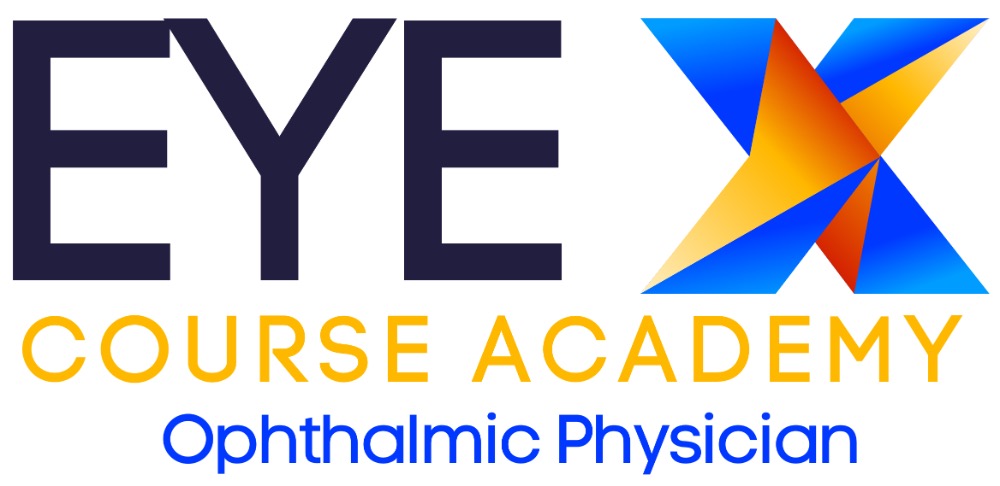


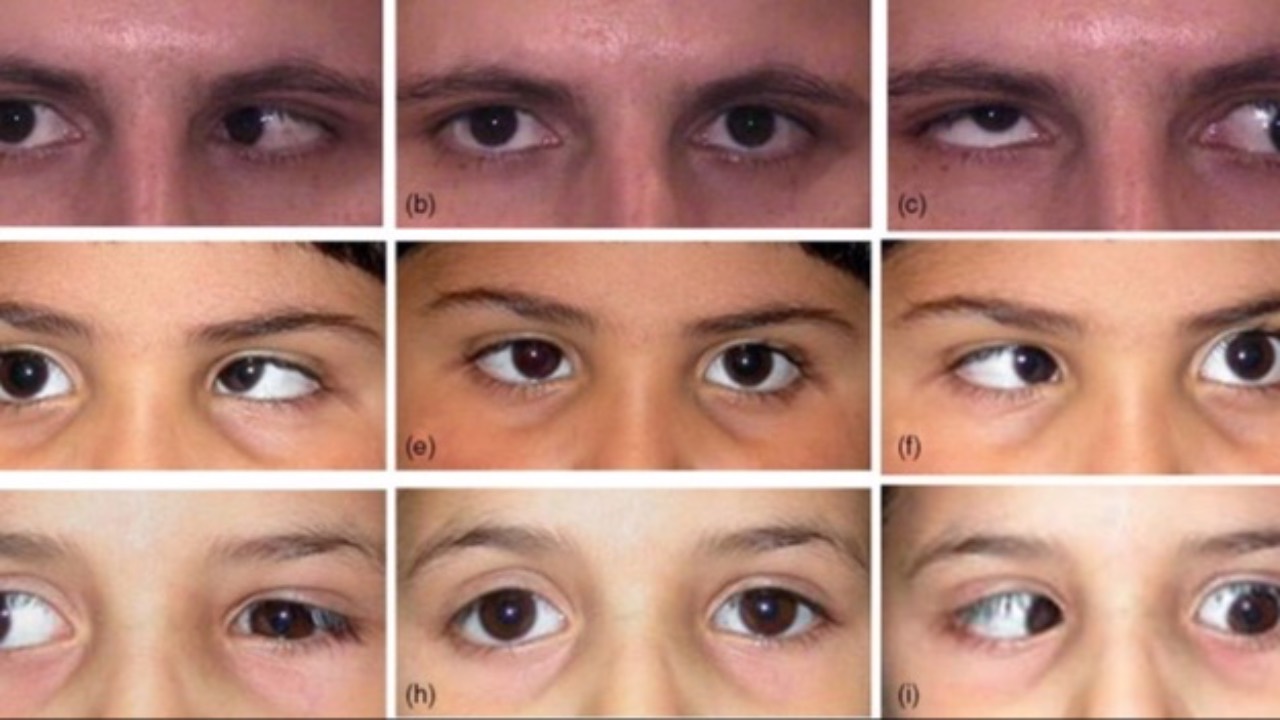
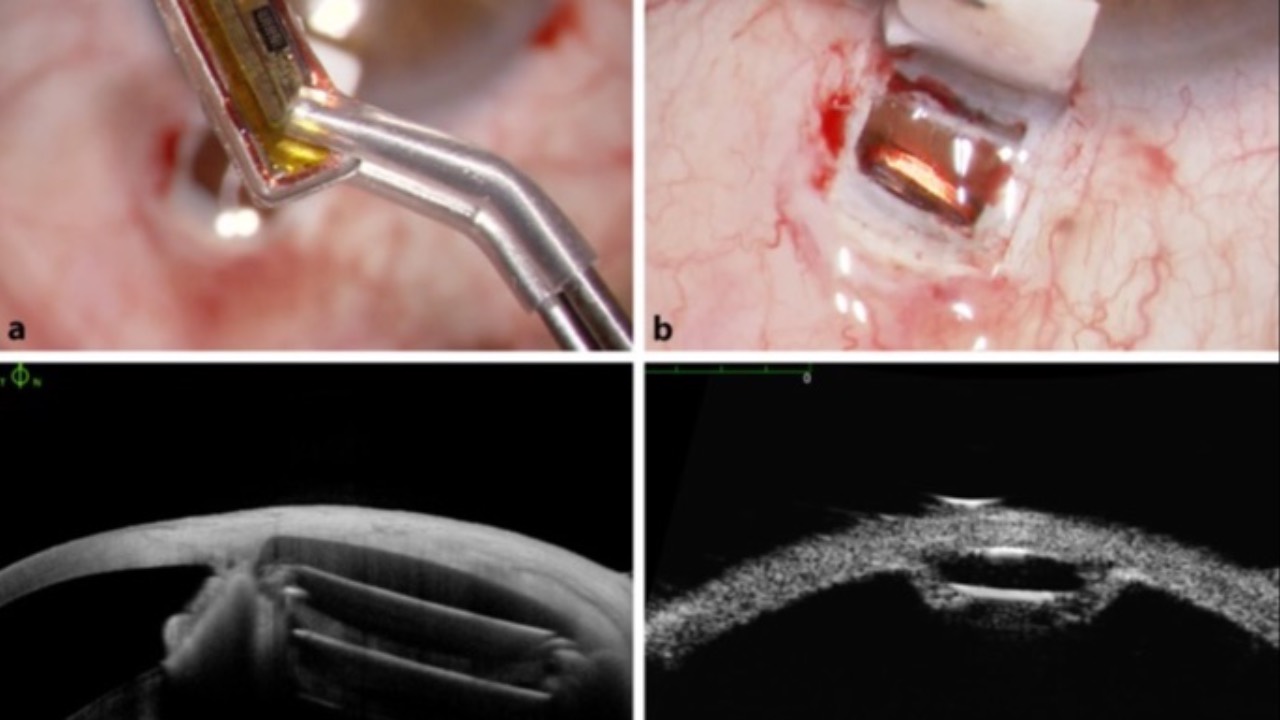
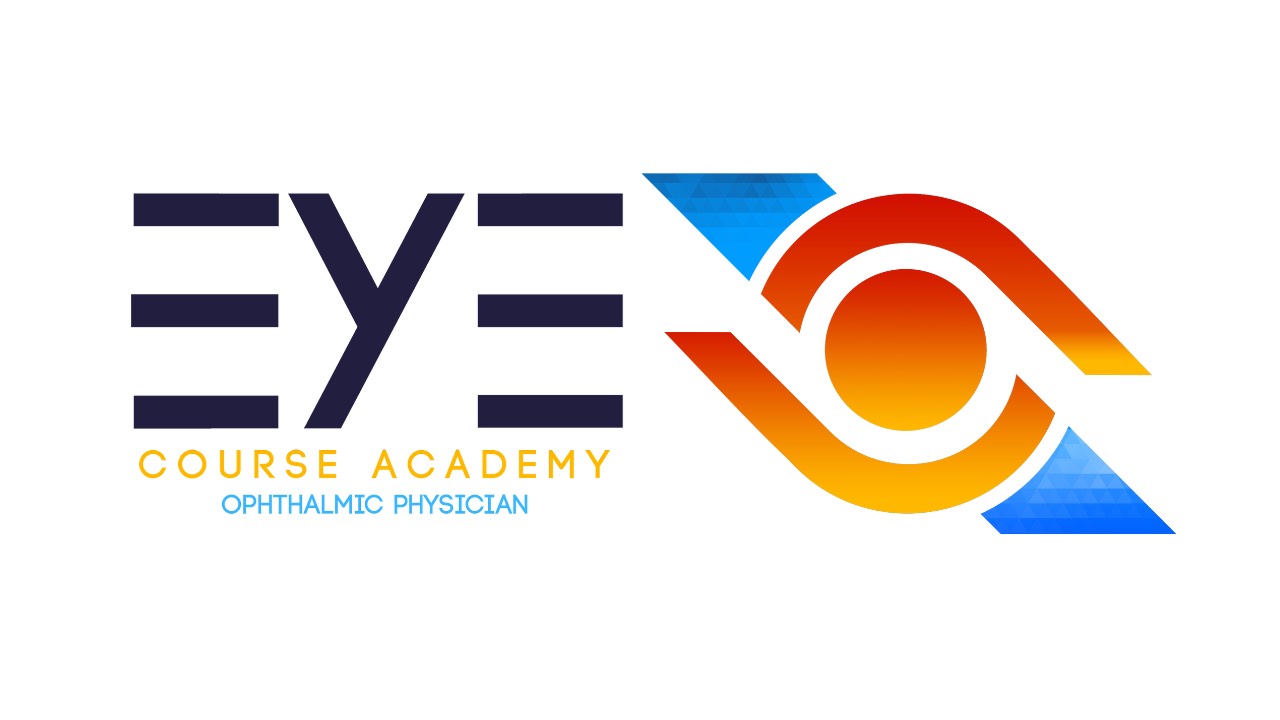
Responses